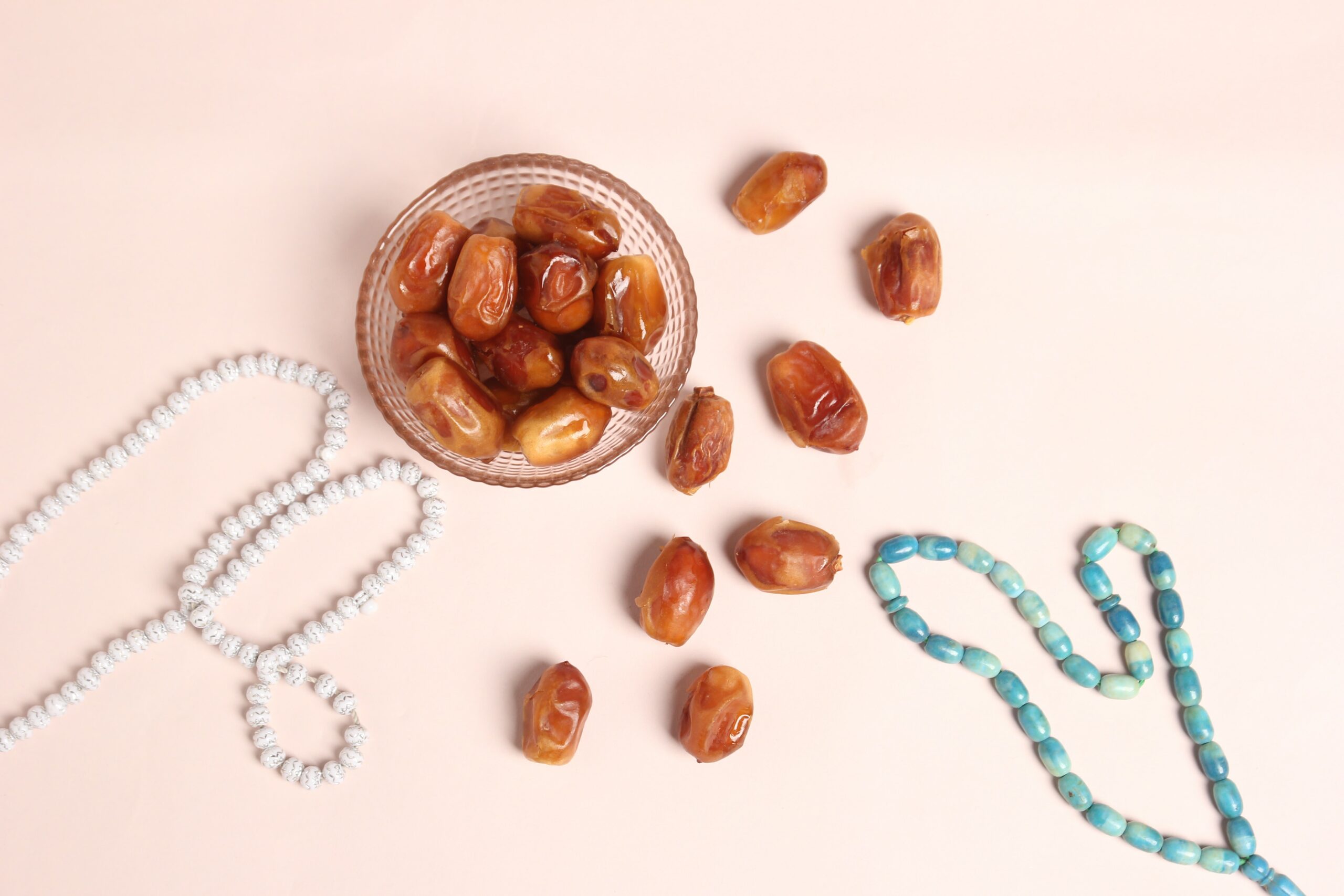During Ramadan, fast is often broken by eating dates. Photo courtesy of Rauf Alvi.
ABIGAIL OAKLEY | STAFF REPORTER | aloakley@butler.edu
This year, from April 2 to May 2, over a billion Muslims around the world will be celebrating Ramadan — a holy month that celebrates when Muhammed initially received the revelations of the Quran. It is a month of fasting, reflection, celebration and togetherness.
When many people think of Ramadan, fasting is the first thing that comes to mind. The traditional practice is to abstain from all food and drink from dawn to sunset. For Muslim students in college, observing Ramadan practices can be difficult.
The college schedule is not built to accommodate Ramadan, and dining hall hours often don’t align with the Ramadan schedule. Many Muslims also spend more time in prayer during Ramadan, which can make time management and sleep more difficult.
While Ramadan can be a challenging time of year for Muslims in college, it is also a joyful month. Rushdsa Hussein, a sophomore biochemistry major, said that Ramadan is not only about the difficulty of fasting and time management.
“It’s more about wanting to better yourself and your faith, so overall it’s supposed to be one of the most blessed months of the entire year,” Hussein said. “We’re gonna try to do as much as we can to become better Muslims, pray as much as we can and ask for forgiveness.”
An important aspect of this is time with family and community. Iftar, the breaking of the fast, is a social event often celebrated with family. It is also common to invite others to join in the meal or share food with the less fortunate.
The month ends with three days of celebration called Eid al-Fitr. This is a celebration of strength and endurance, and it is celebrated with morning prayers, community, gifts, decorations and a wide array of dishes like Laasida from Morocco or Bolani from Afghanistan. This year, Eid al-Fitr falls in the middle of finals at Butler, so some students may not be able to celebrate in the same way. However, Butler offers religious accommodations if requests are made at least three weeks in advance.
Ali Mohamed, a first-year biology major, talked about how these schedules impact Eid al-Fitr celebration and how to find community on campus.
“It can definitely be challenging during finals and test times,” Mohamed said. “I know some of my finals are going to be at the end of Ramadan and Eid … Family is a big part of [Ramadan], so it’s nice to find other Muslims on campus that are doing the same thing since you can find common ground with that. We [the Muslim Student Association] really try our best to unite the Muslims on campus and have it be a safe space for them.”
To help create this community, the MSA will be hosting a “fast-a-thon” and iftar celebration on April 11 in the Reilly Room. This is a great opportunity for Muslim students to be in community with one another, but it is also an opportunity for non-Muslims to learn more about Ramadan.
Yossra Daiya, a sophomore political science and psychology major and MSA president, encourages people to join the MSA for the iftar event.
“The MSA would absolutely love if everyone would join us for that,” Daiya said. “It’s a really great experience to learn more about Ramadan, learn more about Islam in general and we have good food.”
This event will be an insightful occasion to experience some of the reflection and community that is so important to Ramadan. Closer to April 11, members of the MSA will have tables around campus for anyone to sign up. Check out the MSA instagram account @msabutler for more information.



